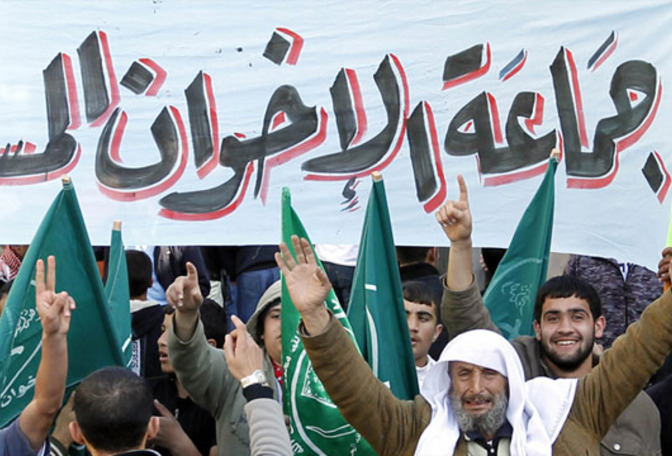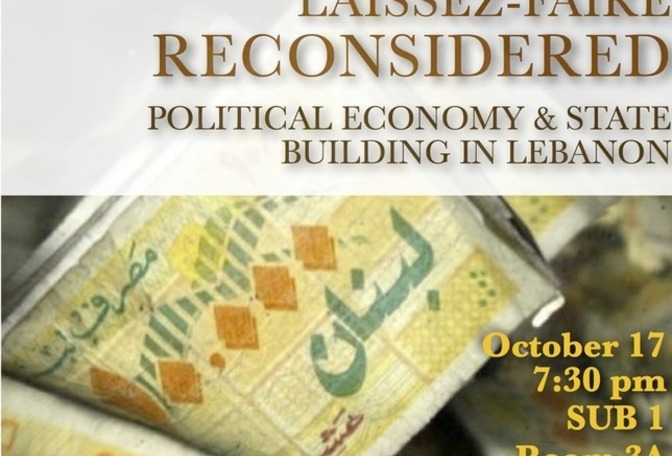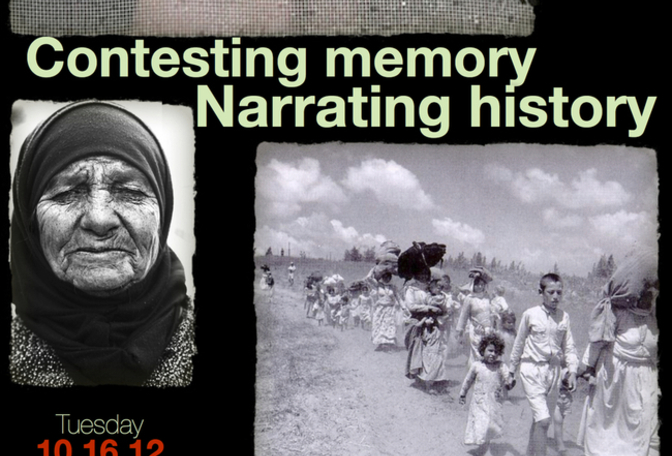- FAMA
- Researchers
-
Projects
- MESPI
- Knowledge Production Project >
-
Political Economy Project
>
- Development and the Uprisings
- Class Formations and Dynamics
- The Palestinian Economy: Fragmentation and Colonization
- Tunisia: A Political Economy in Transition
- Migrant States, Mobile Economies: Rethinking the Political in Contemporary Turkey
- Political Economy of the Middle East: Continuities & Discontinuities in Teaching & Research
- 2016 Political Economy Institute
- The Lebanon Project >
- The Palestine Project >
- The Civil Society Project >
- Middle East Media Project >
- The Egypt Project >
- Refugees and Migrants Project >
- Black-Palestinian Transnational Solidarities Project
- Initiatives
- Events
- Summer Institutes
- Internships
- Blog
|
October 29, 2012 @ 1:00pm
Johnson Center, Gold Room George Mason University Fairfax, Virginia Presented by the Arab Studies Institute (ASI) and George Mason University Middle East Program Studies Featuring... Abdullah Al-Arian From banned opposition movement to the most prganized political force in the country, the Muslim Brotherhood's rise to power has been one of th leading story lines following Egypt's popular uprising of 2011. The group's ability to navigate through a tumultous transition period was the result of significant historical factors and the recent evolution of its political strategy. However, as it transforms into the dominant power in Egypt's emerging political system, the Muslim Brotherhood contineous to face several significant challenges that could jeopardize its historic mission as well as the aims of the Egyptian uprising. Abdullah Al-Arian is an assistant professor of history at Wayne State University in Michigan. In 2011, he received his doctorate from Georgetown University, where he wrote his dissertation on the Muslim Brotherhood in Egypt during the decade of the 1970s. His research interests include: Islamic social movements, US Policy toward the Middle East, and Islam in America. He received his Masters degree from the London SChool of Economics and his BA from Duke University. He is a contributor to the Al-Jazeera English network and website. His first book will be published by Oxford University Press next spring. It is entitled "Answering the Call: Popular Islamic Activism in Egypt (1970-1981).
0 Comments
October 17, 2012 @ 7:30pm
Student Union I, Room 3A George Mason University Fairfax, Virginia Presented by the Arab Studies Institute (ASI) and George Mason University Middle East Program Studies Featuring... Ziad Abu-Rish and Hicham Safieddine This panel discussed the political economy of Lebanon between 1934-1975, highlighting a specific set of structural processes, strategic mobilization, institutional outcomes that were very important parts of making the Lebanese economy. Drawing on each others research, the panelists historicized particular aspects of Lebanese economic development, as well as connect that history to the larger debates about state formation and nationalism there. Paper 1 Title: Deregulating Trade: Customs, Licenses, and the Struggle Over State Intervention Paper 1 Abstract: In most accounts of Lebanon (both past and present) the state is characterized as either absent or a natural outcome of confessionalism. This paper offers an examination of the institutional framework deployed in the (de)regulation of trade, struggles over the nature and function of those institutions, and the relationship of both to the broader trajectory of Lebanese state formation. Ziad Abu-Rish is a doctoral candidate in the Department of History at the University of California Los Angeles (UCLA). He is currently writing his dissertation, provisionally entitled “Making the Economy, Producing the State: Conflict and Institution Building in Early Independence Lebanon, 1943-1958.” In addition to his academic training, Ziad serves on the editorial teams of both the Arab Studies Journal and Jadaliyya Ezine. He is co-editor of Dawn of the Arab Uprisings: End of an Old Order (Pluto Press, 2012). Ziad also currently serves as the Graduate Student Representative to the Board of Directors of the Middle East Studies Association. Paper 2 Title: Searching for Economic Sovereignty: The Birth of Central Banking in Lebanon Paper 2 Abstract: Lebanon gained its formal political independence in 1943, but it took another two decades before a money and credit law was passed and a central bank was established. The founding of the bank was touted by prominent politicians as a major step in asserting state authority and gaining fuller economic independence but opposed by top bankers as threatening the country's much-touted laissez-faire doctrine. In this presentation, I will examine the different political and economic forces (global and local) that led up to the bank's creation and try to bring these developments to bear on our understanding and framing of the creation and evolution of post-colonial states. Hicham Safieddine is a Ph.D Candidate of Middle Eastern Studies at the University of Toronto with a special interest in the socio-economic history of the Levant. He is also a journalist who follows and writes about the contemporary politics of the Arab world. Contesting Memory/Narrating History: Juxtaposing the narratives of Palestinian women in Israel10/16/2012 October 16, 2012 @ 12:30pm
Mason Hall, Meese Room George Mason University Fairfax, Virginia Presented by the Arab Studies Institute (ASI) and George Mason University Middle East Program Studies, Middle East Etc. Film Club Featuring.... Isis Nusair |
Forum on Muslim and Arab AffairsFAMA is the research arm of the Arab Studies Institute. Archives
June 2017
Categories |
- FAMA
- Researchers
-
Projects
- MESPI
- Knowledge Production Project >
-
Political Economy Project
>
- Development and the Uprisings
- Class Formations and Dynamics
- The Palestinian Economy: Fragmentation and Colonization
- Tunisia: A Political Economy in Transition
- Migrant States, Mobile Economies: Rethinking the Political in Contemporary Turkey
- Political Economy of the Middle East: Continuities & Discontinuities in Teaching & Research
- 2016 Political Economy Institute
- The Lebanon Project >
- The Palestine Project >
- The Civil Society Project >
- Middle East Media Project >
- The Egypt Project >
- Refugees and Migrants Project >
- Black-Palestinian Transnational Solidarities Project
- Initiatives
- Events
- Summer Institutes
- Internships
- Blog




 RSS Feed
RSS Feed
